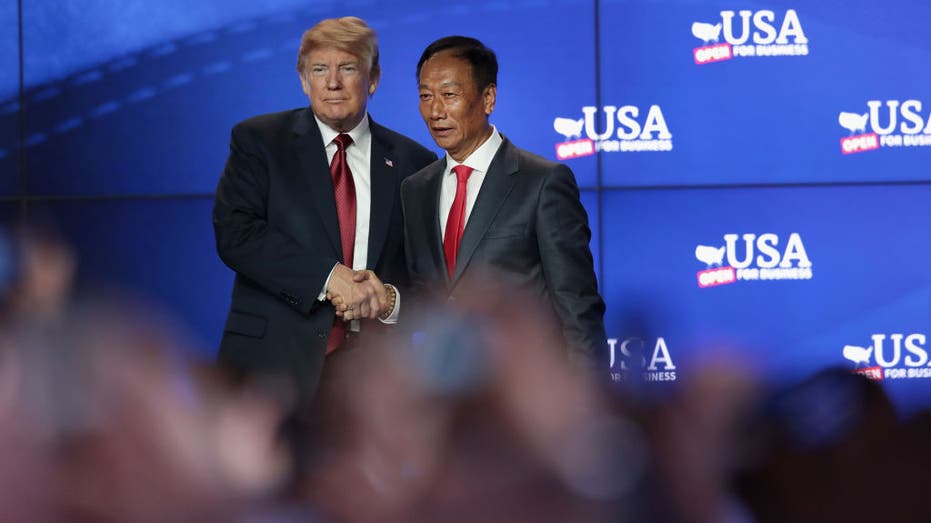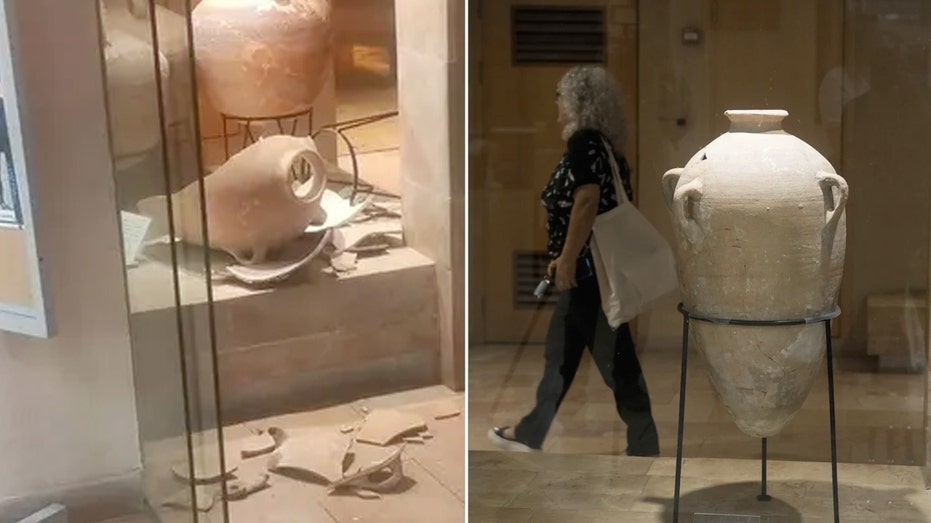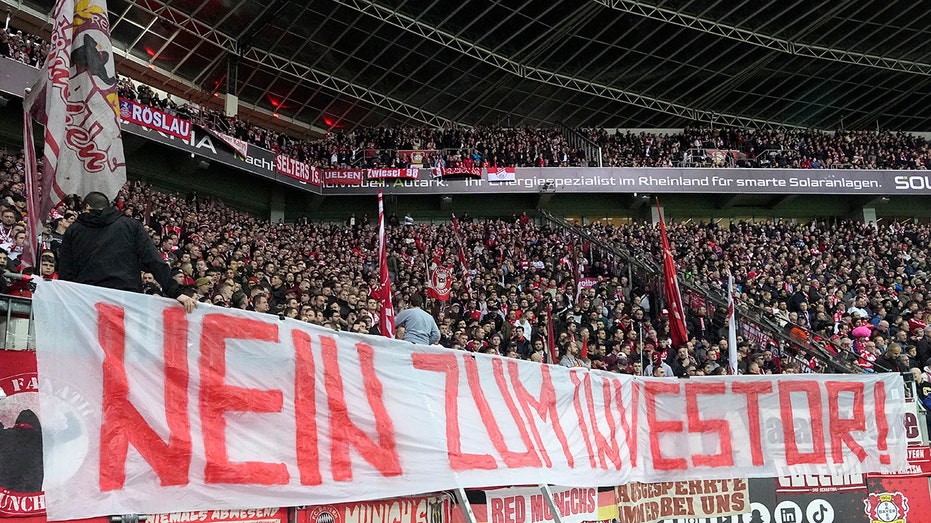KAOHSIUNG, Taiwan — After declaring his intention to run for president in late August, Terry Gou, the Taiwanese billionaire founder of Foxconn who some have compared to Donald Trump, is now an officially registered independent candidate.
Gou resigned as a board member of Foxconn in early September, citing a need to focus on the election. He also announced Tammy Darshana Lai, a well-known actress-singer and author, as his running mate.
The selection of Lai, 60, who recently played a Taiwanese candidate for president in a Netflix drama that’s been credited with helping reinvigorate the island’s #MeToo movement, came as a surprise. But almost everything the 72-year-old tycoon has done this year has been a surprise.
“Mr. Gou and Ms. Lai are campaigning to challenge the disastrous decisions of the incumbent party, decisions that have escalated, rather than reduced, tension with China, weakened, rather than strengthened, Taiwan’s economy and brought increased isolation, not greater integration, with the nations of the world,” a spokesperson from the Terry Gou for President Campaign said.
AMERICANS IN TAIWAN MOSTLY UNFAZED BY US EVACUATION PLAN REPORT
The Jan. 13, 2024, presidential election is now a four-way race. Despite his fame in business, Gou’s message of strengthening the economy and setting the stage for “50 years of peace” with Taiwan’s nemesis, the People’s Republic of China (PRC), doesn’t seem to be resonating with a majority of Taiwanese voters. Opinion polls in Taiwan are very often off the mark, but almost every poll has shown him in last place.
Some have compared him to former President Donald Trump. There are some similarities. Like the former U.S. president, he has bold proposals that strike some voters as unrealistic, such as a pledge that, under his economic stewardship, Taiwan will soon have the highest GDP per capita in Asia.
Other ideas from Gou are contentious, such as calling for a reduction, if not a total end, to purchases of American weapons systems; and even fanciful, such as creating a drone or robot army to defend Taiwan from China.
While both are billionaires — Gou’s net worth in 2022 was a reported $6.8 billion — both entered politics only recently, both present themselves as conservatives and both are often described as populists. Aside from these larger points, however, the comparison falls apart.
Gou (pronounced Gwo) is not considered an engaging public speaker. Media commentators note he lacks the flamboyance and charisma many attribute to Trump. The most notable difference between the two, however, is their very different backstories.
Gou’s middle-class parents fled China to Taiwan in 1947, and he was born just outside Taipei City in 1950. He didn’t attend a Taiwanese version of an Ivy League college, nor did he get further education at any prestigious business school.
INSPIRED BY UKRAINE, TAIWAN SEEKS TO BOLSTER MILITARY PREPAREDNESS AS CHINA THREAT CONTINUES
In his early 20s, he spent two years in the Republic of China (Taiwan) Army, fulfilling a mandatory military service requirement. Gou was stationed on Kinmen Island, roughly 115 miles from the main island of Taiwan, but just under two miles from the coast of China.
After military service, he worked at a commercial shipping company. He began a small plastics manufacturing firm in the early 1970s. His company, known in English as Foxconn, got its first lucky break in 1980 when gaming company Atari selected it to make its joystick video game consoles.
His success, though, cannot be attributed to mere luck. He is famous for his salesmanship and business acumen. Foxconn eventually became the largest contract electronics manufacturer in the world, serving many global brands, most notably America’s electronics giant Apple. Foxconn is the largest exporter in China and one of the largest private employers in the world.
The billionaire has long been an armchair quarterback in Taiwanese politics. In 2012, he endorsed the Kuomintang (KMT) presidential candidate, who was successful in his re-election bid. The KMT, officially known in English as the Chinese Nationalist Party, (pronounced in Chinese as “Guo-Min-Dahng”), is often labeled as “China-friendly,” although the party rejects this and says it is instead “pro-peace.” Until 2016, however, his direct involvement in politics was minimal.
In 2019, he said the sea goddess Mazu, a popular deity in both Taiwan and parts of coastal China, instructed him in a dream to enter the KMT presidential primary race, which he lost. In 2020, the eventual KMT nominee likewise lost in a landslide to the Democratic Progressive Party’s (DPP) Tsai Ing-wen, the island’s first female president, who easily won a second term. She is required to step down next year.
REPUBLICANS TURN UP THE HEAT ON STATE DEPARTMENT FOR NOT INVITING TAIWAN TO UPCOMING ASIA SUMMIT
Taiwan has not been a democracy for long. The first peaceful transition of power happened in 2000. Since then, Taiwanese voters have switched between the DPP and the KMT, giving each administration eight years. In 2024, however, it appears the DPP is on track for consecutive administrations.
Gou had promised to support whomever the KMT nominated for the 2024 race but backtracked after losing the nomination. Considering his polling numbers, Gou’s decision to run for the presidency has left many in Taiwan baffled. Some speculate he thinks he can pull off a last-minute rally of non-DPP voters as a “consensus candidate.”
Taiwan political commentator Courtney Donovan Smith, a columnist for the Taiwan News, one of the island’s major English-language newspapers, told Fox News Digital, “He says he will end up winning what he calls ‘hidden voters,’ meaning people who don’t respond to poll questions.”
Poll aggregates put out by Smith and the Taiwan News show at least 13% of possible voters have yet to make up their minds. But that’s not a huge number, and as Smith told Fox News Digital, “These ‘undecideds’ could all theoretically vote for Terry Gou at the last second, which still wouldn’t mean a sure victory for him. But they could also end up picking the frontrunner, one of the others or choose not to vote at all.”
He built his fortune in communist China, which is intensifying hostile military actions against Taiwan on nearly a daily basis. His supporters say his experience with the PRC makes Gou the perfect person to bring calm to China-Taiwan relations. His detractors say he is “out of touch” and too close to self-serving business interests connected to Beijing.
The KMT called Gou’s entry as an independent candidate “regrettable,” as Gou voters in Taiwan are more likely to be pried away from both the KMT than the more recently formed Taiwan People’s Party (TPP).
As former president Trump demonstrated in 2016, nothing is impossible. But with Taiwan’s opposition now divided into three camps — barring some increasingly unlikely last-second unity ticket — President Tsai’s anointed successor, current Vice President William Lai of the ruling DPP, looks set for almost certain victory.



